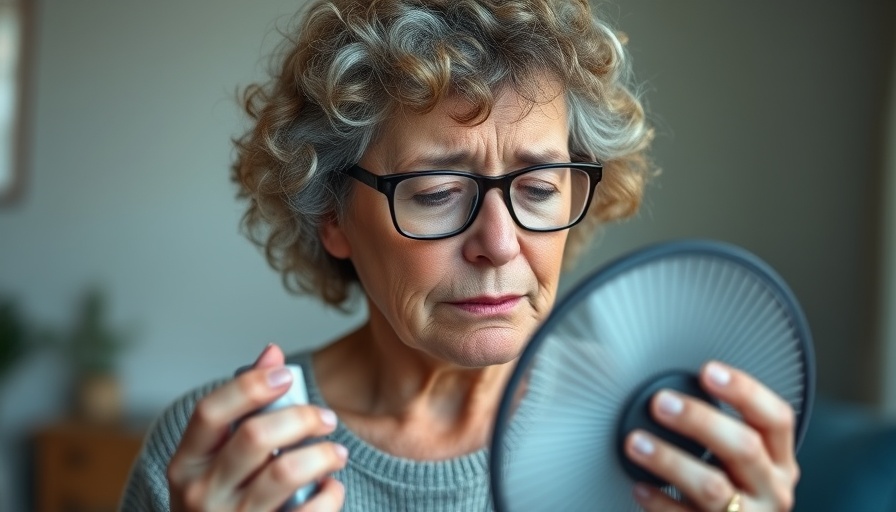
Understanding Hot Flashes: More Than Just Menopause
If you've ever experienced the sudden onset of heat, accompanied by sweating and chills, you're not alone. Hot flashes are often associated with menopause, impacting countless women, but this phenomenon is not limited to any one demographic. Experts like Beth Battaglino, R.N., emphasize that both men and women can experience these sudden feelings of warmth at any age. These flashes can feel overwhelming, but understanding their triggers can help in managing them effectively.
Unpacking the Common Triggers for Hot Flashes
Hot flashes can arise from various causes. According to doctors like Alexandra Sowa, M.D., it's important to recognize that experiencing hot flashes doesn't always signify a severe health issue. Understanding potential triggers is the first step in managing these uncomfortable episodes:
- Menopause: The most recognized cause, where hormonal shifts result in these sudden heat blasts. Hormone Replacement Therapy (HRT) might be considered, but it's essential to discuss individual risk factors with a healthcare provider.
- Prescription Medications: Certain medications, including antidepressants and steroids, can induce hot flashes. Monitoring any new medications and consulting a healthcare provider can lead to alternative treatments.
- Excess Weight: Body weight can influence the body's temperature regulation, causing more frequent hot flashes. Incorporating regular physical activity can help manage your weight and, in turn, mitigate hot flashes.
- Anxiety and Stress: Mental health plays a significant role in physical health. Stress and anxiety can exacerbate hot flashes, making stress management techniques vital for overall well-being.
- Medical Conditions: Conditions like thyroid problems can also lead to hot flashes, underscoring the need for regular health screenings to catch any underlying issues early.
The Importance of Lifestyle Choices in Managing Hot Flashes
When it comes to managing hot flashes, lifestyle adjustments can prove beneficial. Dietary choices, hydration, and physical activity can have a significant impact on your body's heat regulation. Nutrition education is vital; for example, diets rich in fruits, vegetables, and whole grains can help maintain overall health and possibly alleviate symptoms.
Empowering Yourself with Knowledge
The key takeaway from these discussions is empowerment through education. By being aware of the myriad factors that contribute to hot flashes, individuals can take proactive steps in their healthcare. Whether you are adjusting your diet, consulting with your healthcare provider, or implementing stress management practices, you hold the power to influence your health. Prioritize weekly check-ins with your healthcare provider and engage in open conversations about your symptoms. This proactive healthcare approach can lead to early detection and management of potential issues, helping you maintain a healthy lifestyle.
For ongoing wellness, consider incorporating preventive care, health screenings, and stress management practices into your routine. Remember, taking active steps toward understanding your health is the first step toward holistic wellness.
 Add Row
Add Row  Add
Add 




Write A Comment